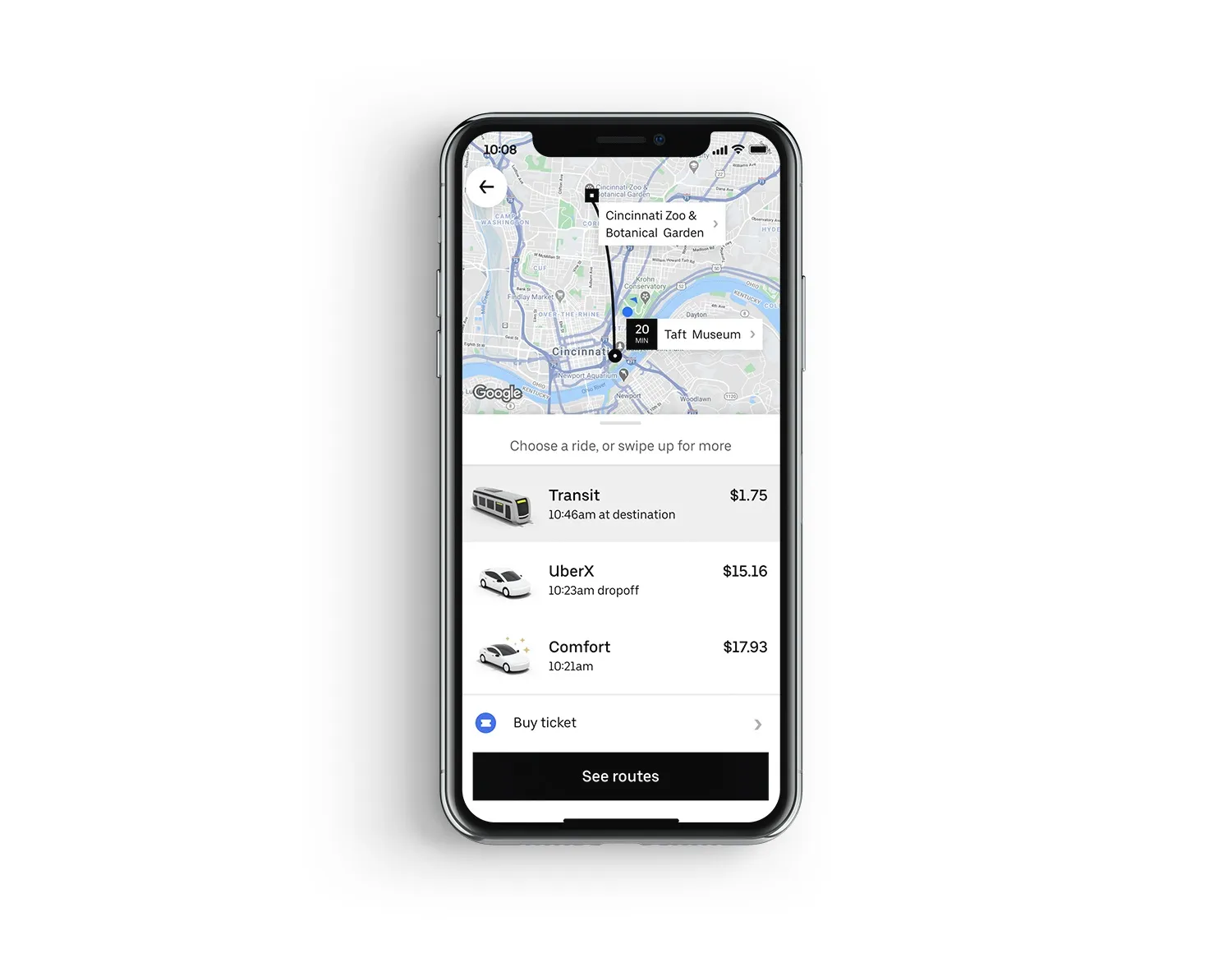The US$5.2 million (€4.5 million) contract, awarded by the Delhi Metro Rail Corporation (DMRC) also includes the design, development, supply, installation and commissioning of all technology used for access control, validation, ticket sales and card top-ups at the six new stations on the blue line between Noida City Centre and Electronic City, as well as at eight new stations on the stretch between Dilshad Garden and New Bus Adda Corridor on the red line.
Indra will update the ticketing systems already in use on the Delhi Metro to include its technology based on smart contactless cards and tokens and will modernise the current control centre to encompass the new stations and new services, including payments via cell phone SMS messaging, with the possibility of incorporating payments via NFC or QR technology in future.
Passengers will also be able to top-up contactless cards or buy electronic tokens for single journeys at any of the 14 new stations, either using the automatic dispensing machines or at the customer service/ticket offices at each station. In addition,
The new system will also allow shared fare management with other operators, opening the possibility of commuters making combined use of various modes of transport, while using different fares to cater to the needs of different users, and allowing discount fares for seniors, students, etc.
Indra to upgrade Delhi metro ticketing
Spanish technology company Indra has is to deploy its contactless ticketing technology at 14 new stations on the Delhi and Noida Metro system.
The US$5.2 million (€4.5 million) contract, awarded by the Delhi Metro Rail Corporation (DMRC) also includes the design, development, supply, installation and commissioning of all technology used for access control, validation, ticket sales and card top-ups at the six new stations on the blue line between Noida City Centre and Electronic City, as well as at eight
August 17, 2017
Read time: 2 mins
Spanish technology company Indra has is to deploy its contactless ticketing technology at 14 new stations on the Delhi and Noida Metro system.









